Just as summer is getting into full swing, Freeform's addictive mystery series Cruel Summer, about an ugly "she said, she said" between teen girls, aired its season finale Tuesday. While the series touches on common themes for a show centered on high school-aged kids and features several queer characters, the story told over the same time period in 1993, '94, and '95, also takes on serious issues including grooming of a young person by an adult and the ever-explored relationships between girls that have been the subject of movies from Foxes to Heathers to Mean Girls and beyond.
A true series for its time, rather than merely pit girls against one another, Cruel Summer examines those relationships through the modern lens of societal expectations placed on young women and the vulnerable self-esteem that can result from that pressure. A former '90s teen herself, Sarah Drew, who plays Cindy, mom to one of the lead girls, Jeanette (Chiara Aurelia), and is a mom herself, is well aware of the damage that pressure and subsequent gossip like the kind that ensues in Cruel Summer can do to young women.
"I love the show because you really do enter into the reality of trauma without being gratuitous about it, and in a healthy, kind of explorative way," Drew tells The Advocate.
As Cruel Summer goes, Jeanette is a happy, braces and glasses-clad kid who spends the summer of 1993 doing dares with her best friends, Mallory (Harley Quinn Smith) and Vince (Allius Barnes), while clearly longing to be a popular girl like Kate (Olivia Holt). By the following year, Kate is being held captive by the school's assistant principal, Martin (Blake Lee). Jeanette has done a Single White Female in trying to take Kate's place -- dating the missing teen's boyfriend and hanging out with her friends while abandoning her former besties. By 1995, Kate has been rescued and has some disturbing news about Jeanette's knowledge of her disappearance that she spills on a morning talk show. On its surface, the show is a knotty mystery, but it really leans into the expectations placed on young women in particular and how that can change a person.

Chiara Aurelia and Sarah Drew
Part of Jeanette's origin story involves Drew's character Cindy, a well-intentioned mom who encourages her otherwise happy kid to change her appearance. She even makes small digs that can impact her daughter's psyche. Early in the season, when Jeanette proudly shows off her "You Go, Girl" necklace that Vince and Mallory gave her, Cindy calls it "cheap."
"[Cindy] is someone who really built her identity on the success of her family and the success of her children. Anybody who is a parent, especially moms with daughters, I think that there are some elements that come into play in those mother-daughter relationships. I think they're so complex because you want your daughter to be happy. But you often, as the mom, think that you're the one that knows what happiness is for your daughter," Drew says. "So Cindy, in encouraging her daughter to take her glasses off and get contact lenses and can't wait to get the braces off, from Cindy's perspective, she's just trying to love her daughter. But from Jeanette's perspective, it can feel very controlling and, and make her feel very inadequate as the human that she is."
Drew, who played the beloved April Kepner on Grey's Anatomy for years, was brought back to her own youth by the show's set pieces. At the launch party in Los Angeles in April, she was blown away by the attention to detail of the time period like the music. Cruel Summer's soundtrack is carefully curated with songs from the era. Cue Garbage, the Cranberries, En Vogue, Brandy, and Mazzy Star. One thing Drew believes Cruel Summer accomplishes that the '90s didn't was to examine the relationships between teen girls rather than set them up in a catfight for the sake of it.
"The show does a phenomenal job of giving us a different way to look at that stuff. There's such a deeper thing that's happening that Kate is convinced of and that Jeanette is convinced she didn't do that has nothing to do with just who's popular and who's not," Drew says. "You really do enter into the reality of trauma without being gratuitous about it, in a healthy kind of explorative way."
"You feel for both of these women [Kate and Jeanette]. As an audience also [you] aren't pitted against either one of them in kind of a cheap way at all because of the way that the story is laid out, because of how brilliantly it's written, but also because of how beautiful these two actors are," she adds. "The story is very relevant, because we're in that right now that misinformation is taking [over] people's lives, in our government, and in so many different ways.
"In communities of girls who spend a lot of time on their social media, it is damaging. This really does take a very good, hard look at the danger of making a snap judgment and really forces you to go, I'm gonna stop, breathe, get curious, and ask questions before I decide something about that person."
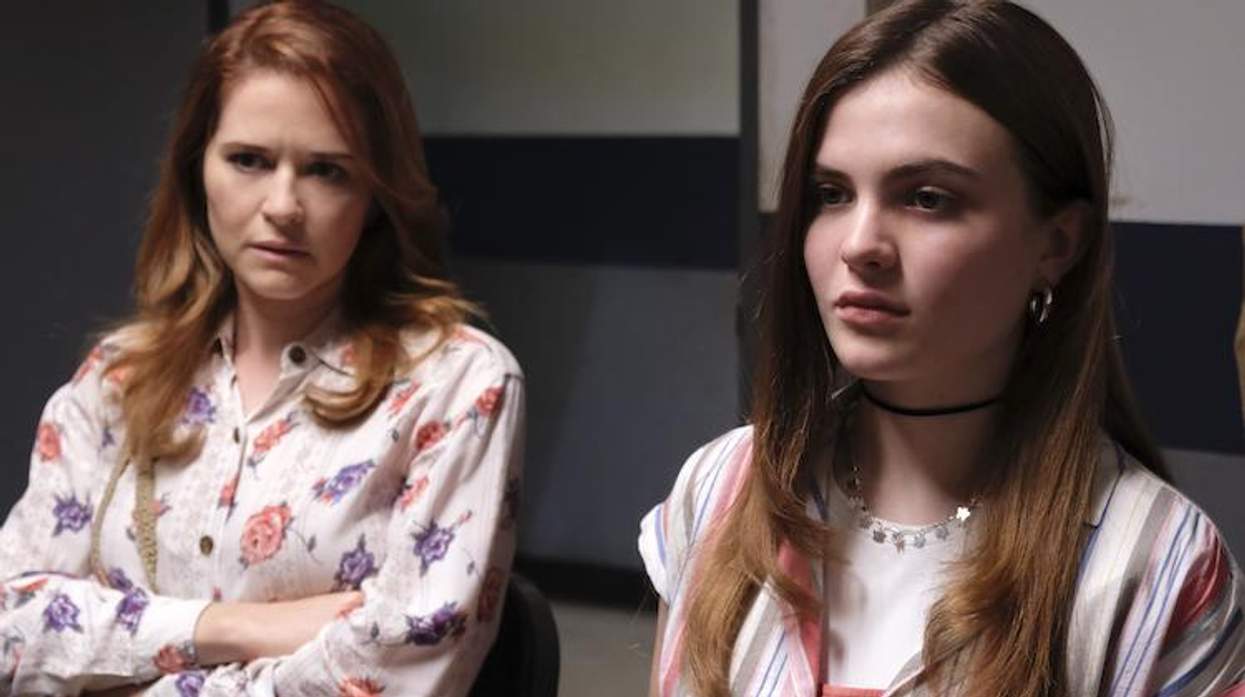

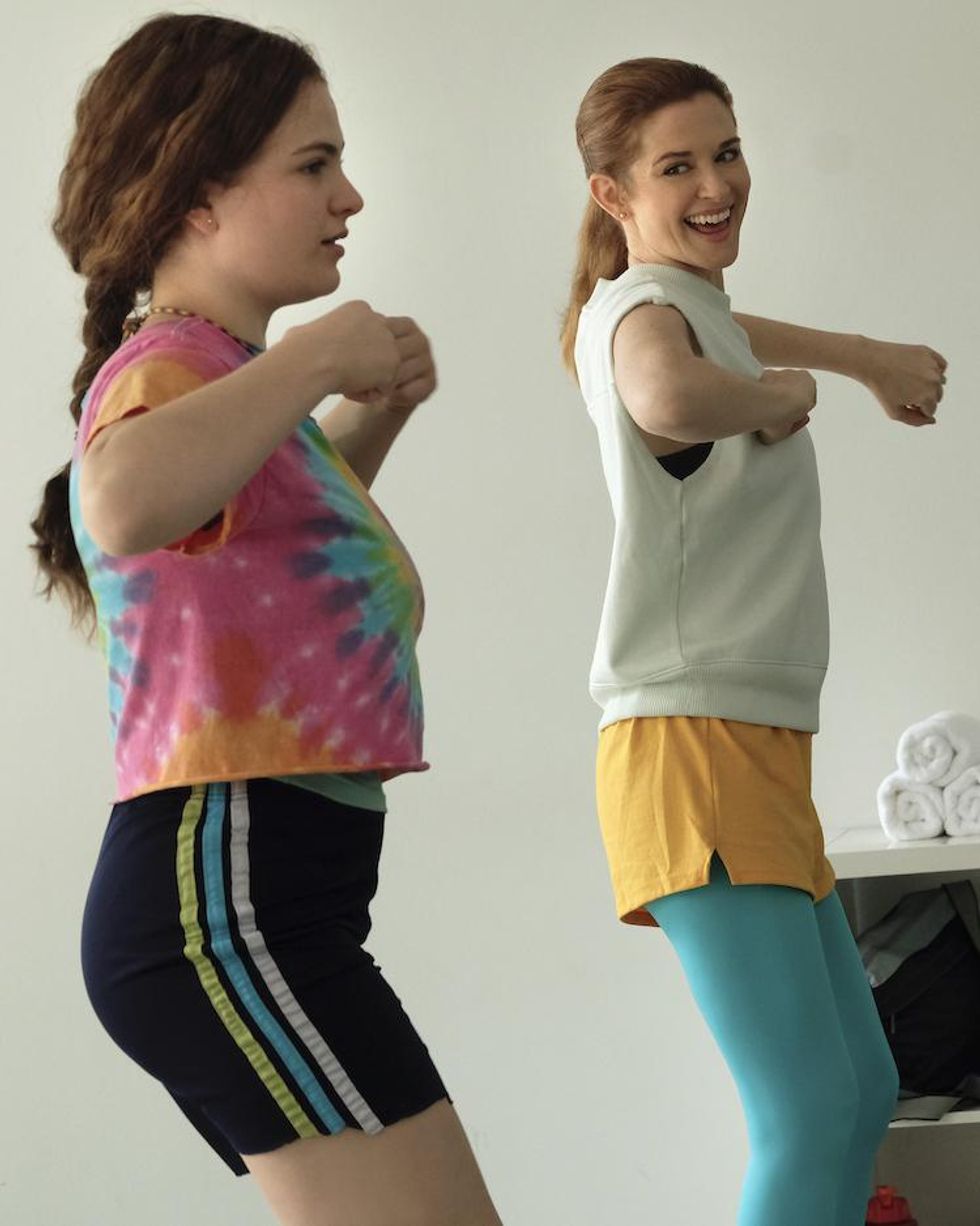
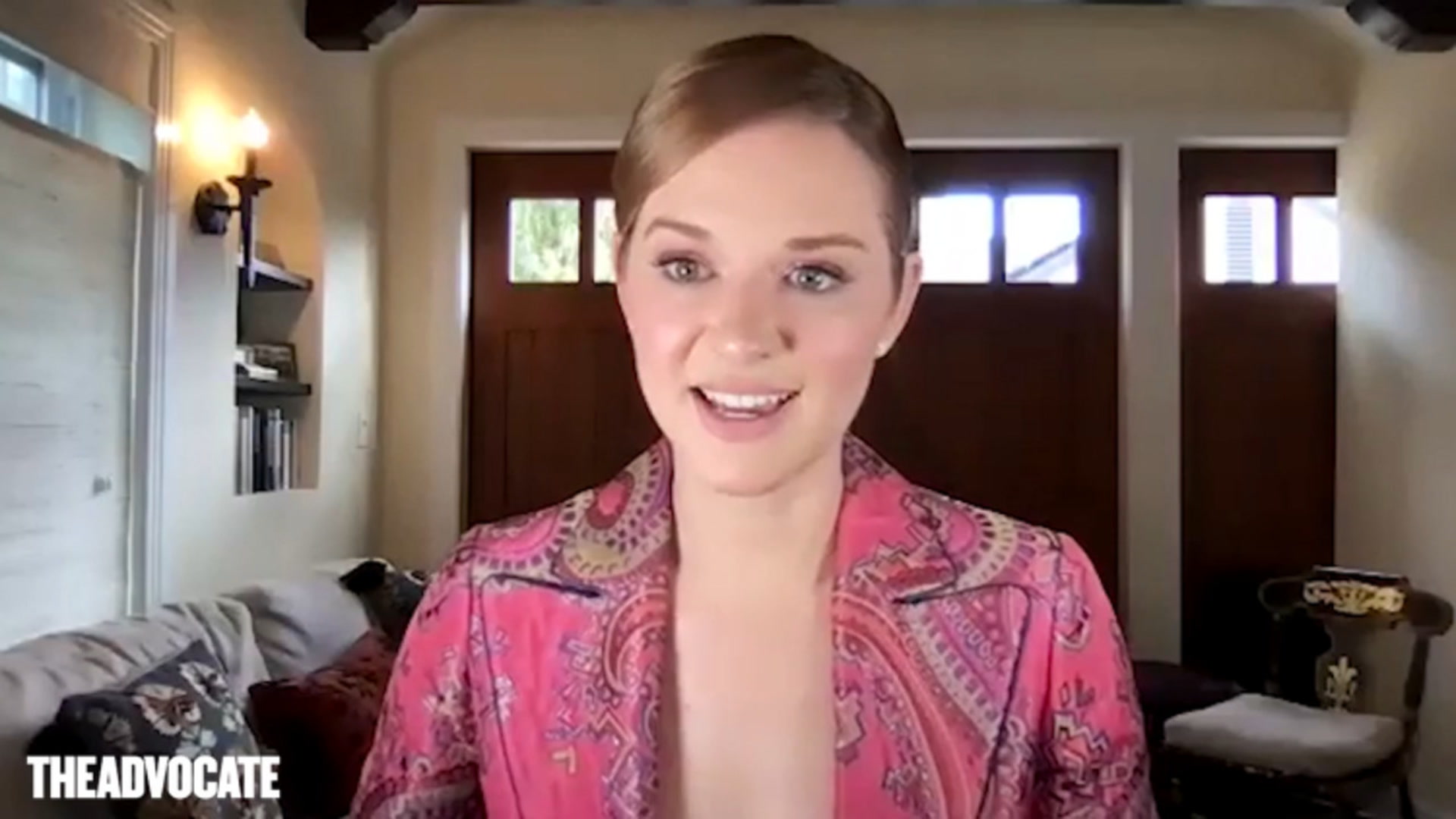















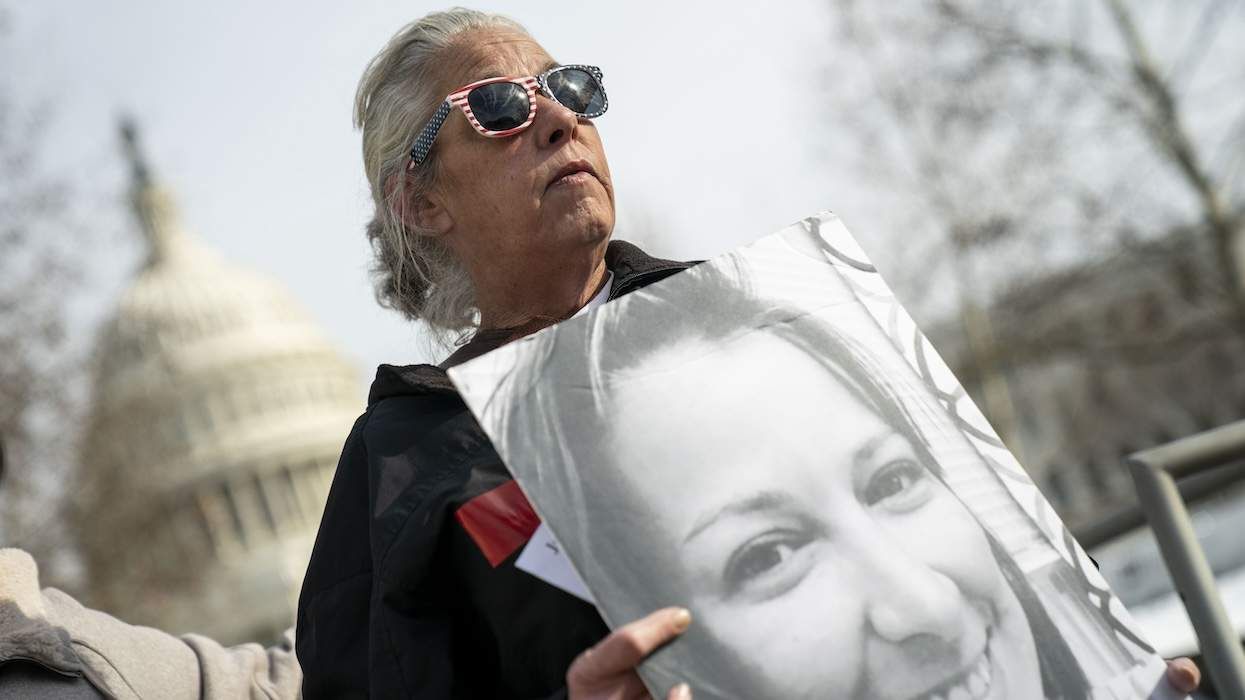











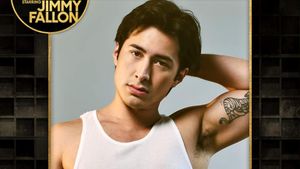



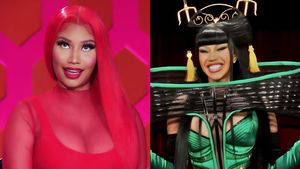


























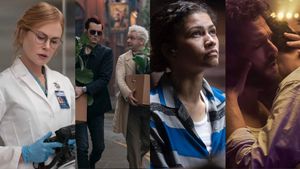








Charlie Kirk DID say stoning gay people was the 'perfect law' — and these other heinous quotes